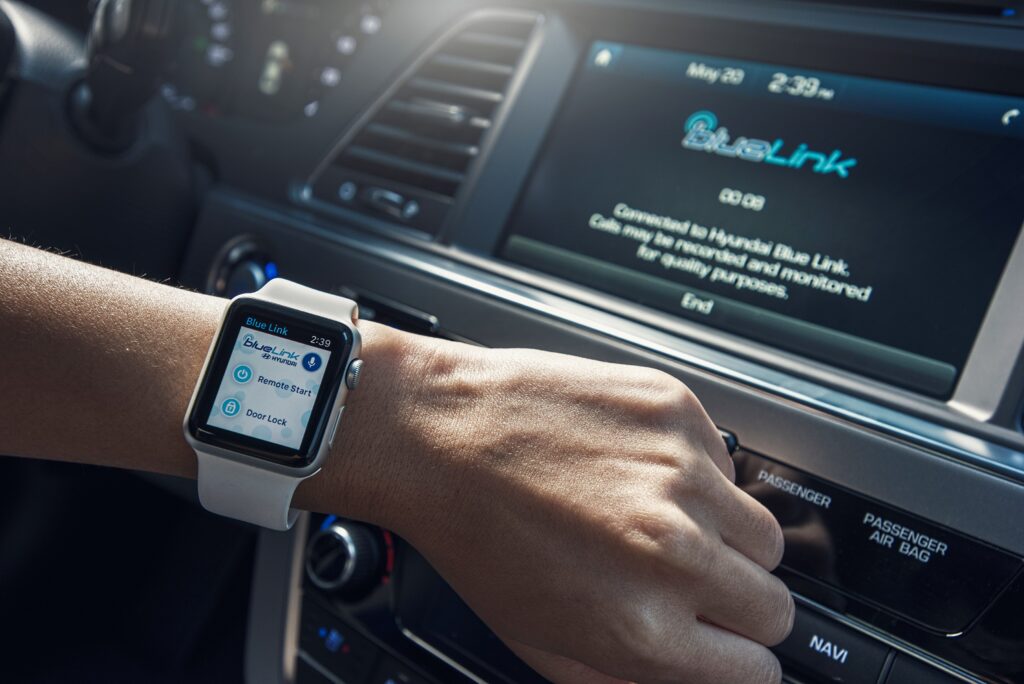CONNECTED CARS COULD PREDICT COMPONENT FAILURES
- PostedPublished 5 August 2016
IT MIGHT sound like crystal ball gazing, but prognostic technology – the ability to predict and notify drivers when components need attention – is already underway in modern connected vehicles and stands to benefit all those concerned including the manufacturer, repairer and owner.
While this sort of advanced connected technology can give owners an unprecedented level of assurance, car-makers and their suppliers can keep abreast of potential component failures before they arise and the relevant data can feed back into the service and repair network – all before vehicle performance starts to suffer.
There are security and privacy concerns inherent in this sort of intervention, and calls for legislation that enables owners themselves (rather than the car manufacturer) to decide where information from their vehicle, if any, is directed – to a favoured independent repairer rather than a predetermined dealer, for example.
But the technology juggernaut is pushing ahead, with a vehicle’s ability to diagnose the air-conditioning system and individual components expected to be soon added to a growing list of parts that has already started with items such as the battery, starter motor and fuel pump.
General Motors introduced prognostic tech on a variety of Chevrolet vehicles in the United States last year via its OnStar service, where data is sent to secure servers and proprietary algorithms are applied to assess whether certain conditions could impact vehicle performance.
If something is awry, notifications are sent to the owner via email, text or in-vehicle alerts.

“This is a new chapter in our pursuit to provide customers with convenience and the best overall service in the industry,” said GM’s senior vice-president of global connected customer experience, Alicia Boler-Davis.
“Using our innovative OnStar 4G LTE connectivity platform, we can actively monitor vehicle component health and notify our customers if covered vehicle components need attention. Nobody else in the industry is offering this.”
There is plenty of activity in this area among the global vehicle manufacturers, who typically draw on the expertise of specialist software providers to manage their connected applications.
One of these is Covisint – an American IT firm which was set up in 2000 as an online portal to help car-makers procure parts and services from suppliers but today provides a sophisticated cloud platform for various manufacturers including GM, Ford, Jaguar Land Rover and Hyundai.
A striking example is Hyundai’s constantly evolving Blue Link mobile app in the US, where owners can monitor vehicle health, receive vehicle diagnostic alerts, communicate with service representatives and control their car remotely using devices such as smartwatches and smartphones.
Covisint’s platform enabled Hyundai to be first to market with a wearable app (for Apple Watch) across its entire Blue Link-equipped fleet, including early models like the 2012 Sonata.
“Our partnership with Covisint allows Hyundai to lead the automotive industry with existing and new connected vehicle features,” said Hyundai Motor America executive director of customer connect and service business development, Barry Ratzlaff.
“It allows us to quickly react to marketplace conditions and the ever-changing needs of the consumer.”
This goes way beyond transforming the ownership experience through a wide variety of clever apps and value-added services.
As ‘smart’ components spread throughout the vehicle, the flow of data back to the manufacturer and their suppliers has the potential to not only identify trouble spots – and have them dealt with before a malfunction occurs – but should also lead to substantial improvements in quality control and component design.
- CategoriesIn SightGlass
- TagsSightGlass News Issue 7

